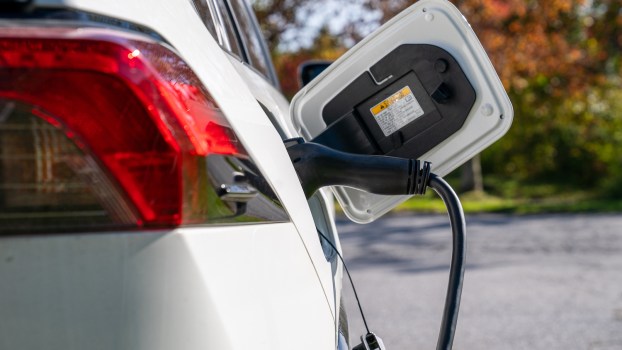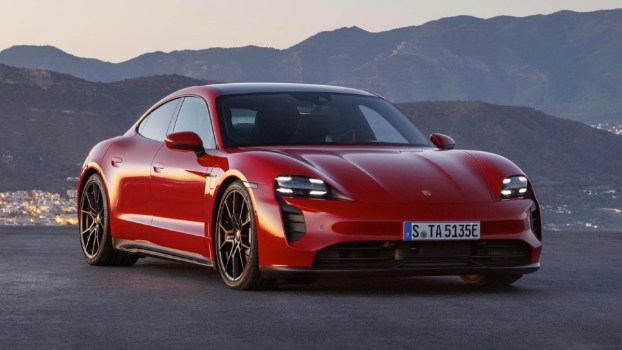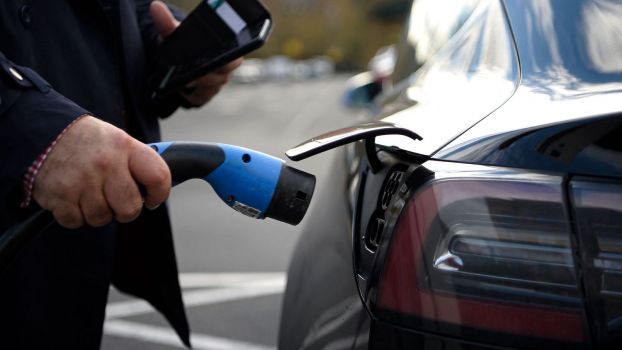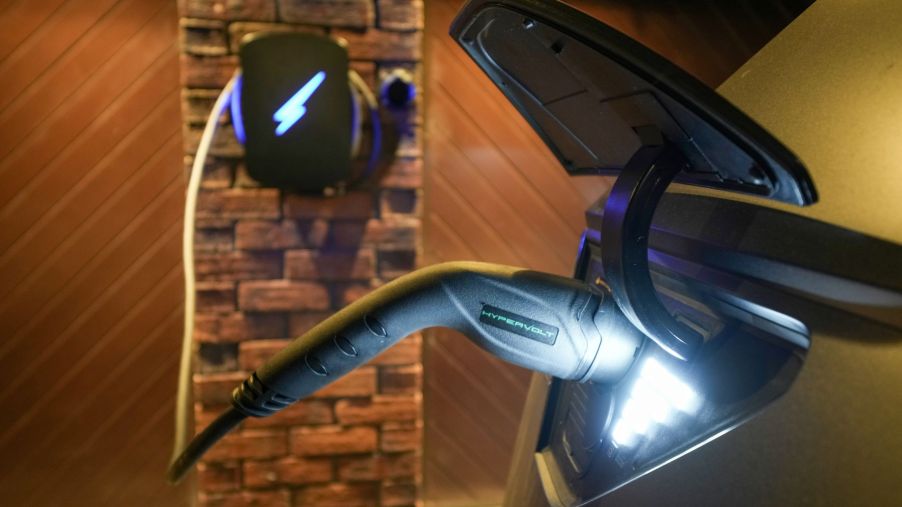
Electric Car Charging: 6 Frequently Asked Questions Answered
Do you know all the ins and outs of electric car charging? Because EVs are so new to the market, most of us are unaware of the cost, time of day, and best ways to charge a new electric vehicle. We’ve got the answers to a few of the most often-asked questions to provide a little more information on how to recharge an EV, whether you do so at home or on the road.
What time of day is best for electric car charging?
The best time of day for EV charging at home is during off-peak hours. The electric grid is taxed the greatest during peak times. The peak times of the day are typically from 4 pm to 9 pm, which is when most people are home. Most experts suggest charging an EV overnight, which is typically when the power grid is being taxed the least.
As more electric vehicles are put on the road, the best charging time could change and utility companies might require EV owners to charge at specified times, but currently, there aren’t enough EVs on the road to require this change.
How much does it actually cost to charge an EV?
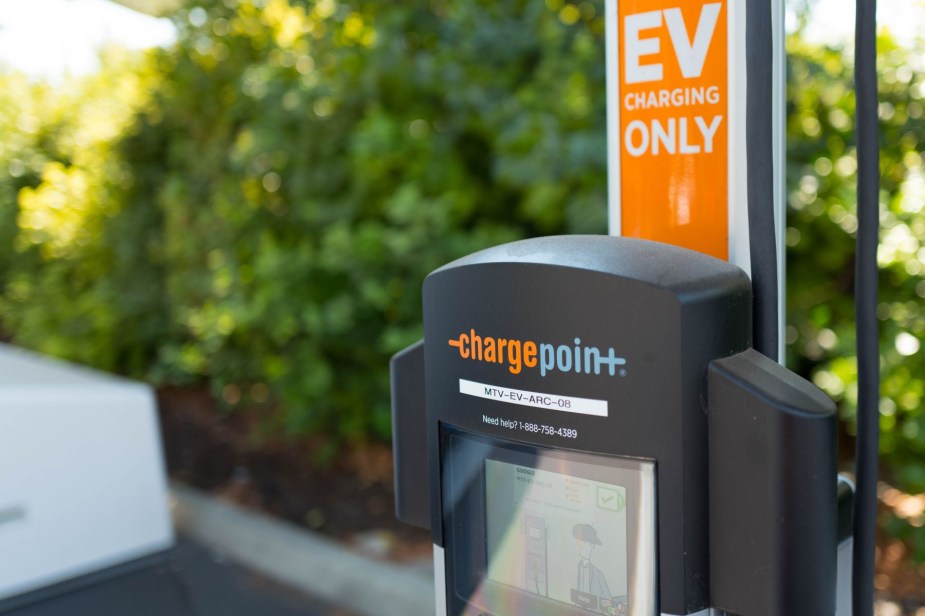
Investopedia tells us that charging your electric car during a road trip can generally cost between $10 and $30 per charge. This is significantly higher than charging your car at home costs. If your alternative to driving an EV is an economical hybrid, it could cost less to drive the hybrid during your road trip.
How long does it take to charge an electric car at a charging station?
Car charging time varies from one model to the next. This timeframe is based on the type of charger used and the EV’s capacity to accept the charge. Most modern electric cars can charge to 80 percent using a Level 3 public charger in 30 minutes or less.
Can you plug an electric car into a regular outlet?
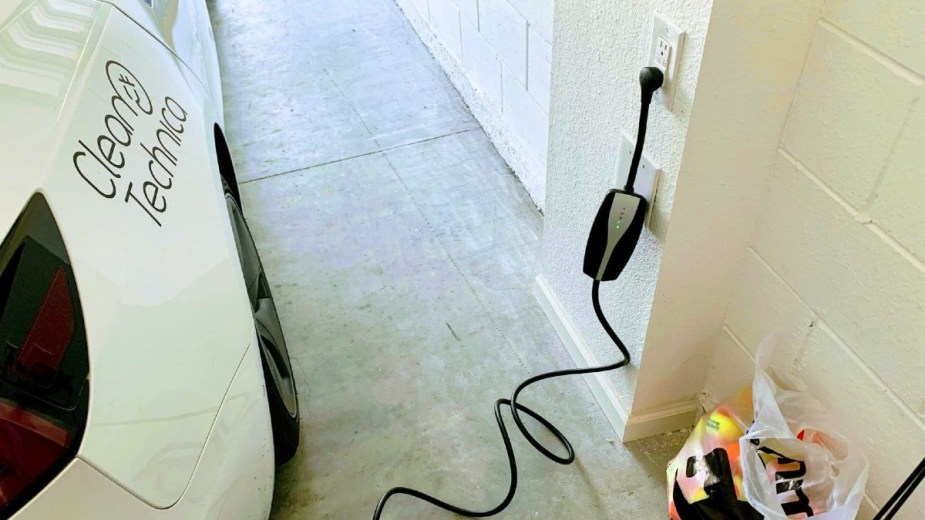
Yes, you can plug your electric car into a regular outlet, but this is the slowest way to charge an EV. Most EV owners turn to an installed charging station for their electric car charging at home. Using a regular 120-volt outlet, some newer EVs won’t fully charge for several days. Conversely, most electric cars receive a full charge overnight using the 240-volt Level 2 at-home charging unit.
Is it cheaper to charge an electric car at home or at a charging station?
It’s cheaper to perform your electric car charging at home. You could incur some added up-front costs to make this process more efficient, but the added price on your electric bill is much less than what you’ll pay when using public charging stations. If you have an employer that installed free EV charging spaces at your office, this is the most economical way to keep your electric car batteries charged.
Can I plug my electric car into my dryer outlet?
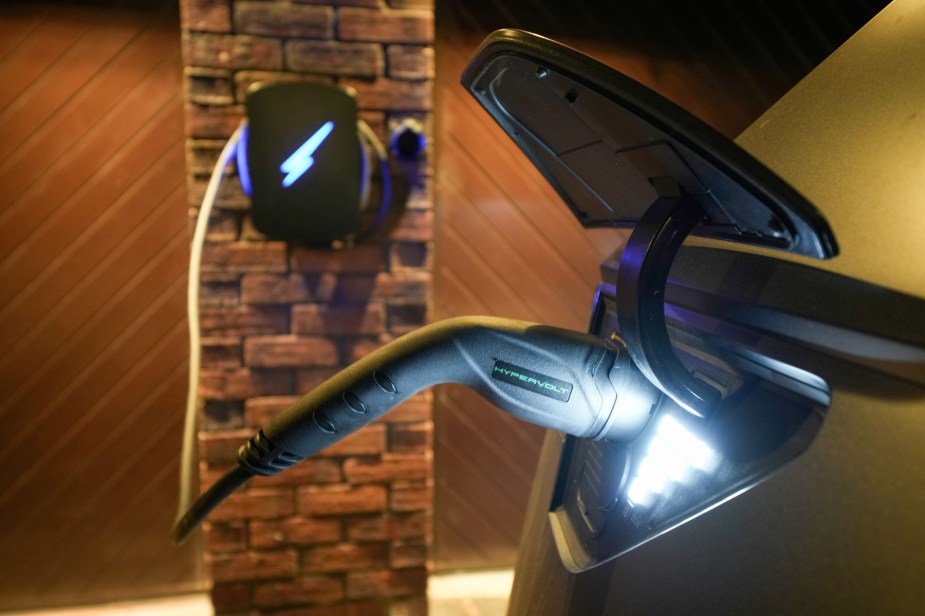
Yes, but your electric car might not have a compatible cord with your dryer outlet. Technically, your clothes dryer and an at-home Level 2 charging port use the same 240 volts of power. Usually, EV owners pay to have an additional 240-volt outlet installed in their home to avoid the wear and tear of unplugging the dryer or EV charger to use one or the other.
Next, learn more about which charging station to use, or check out more electric car charging questions and answers in this video below:
